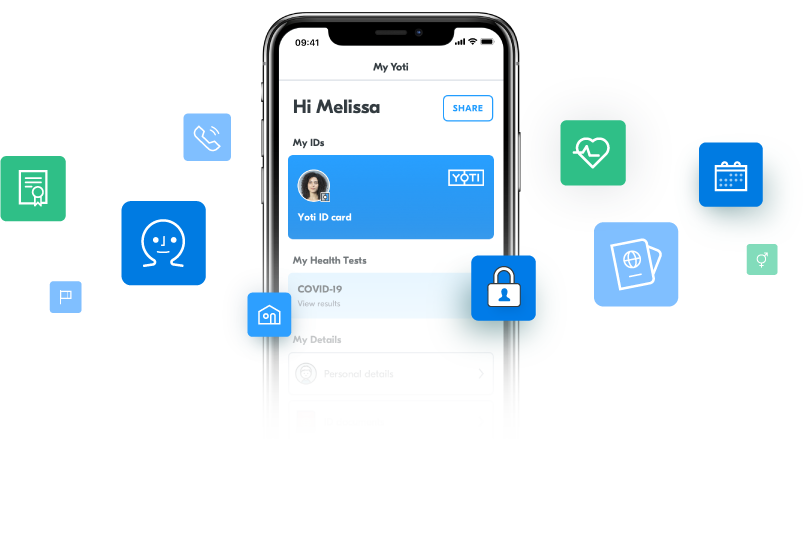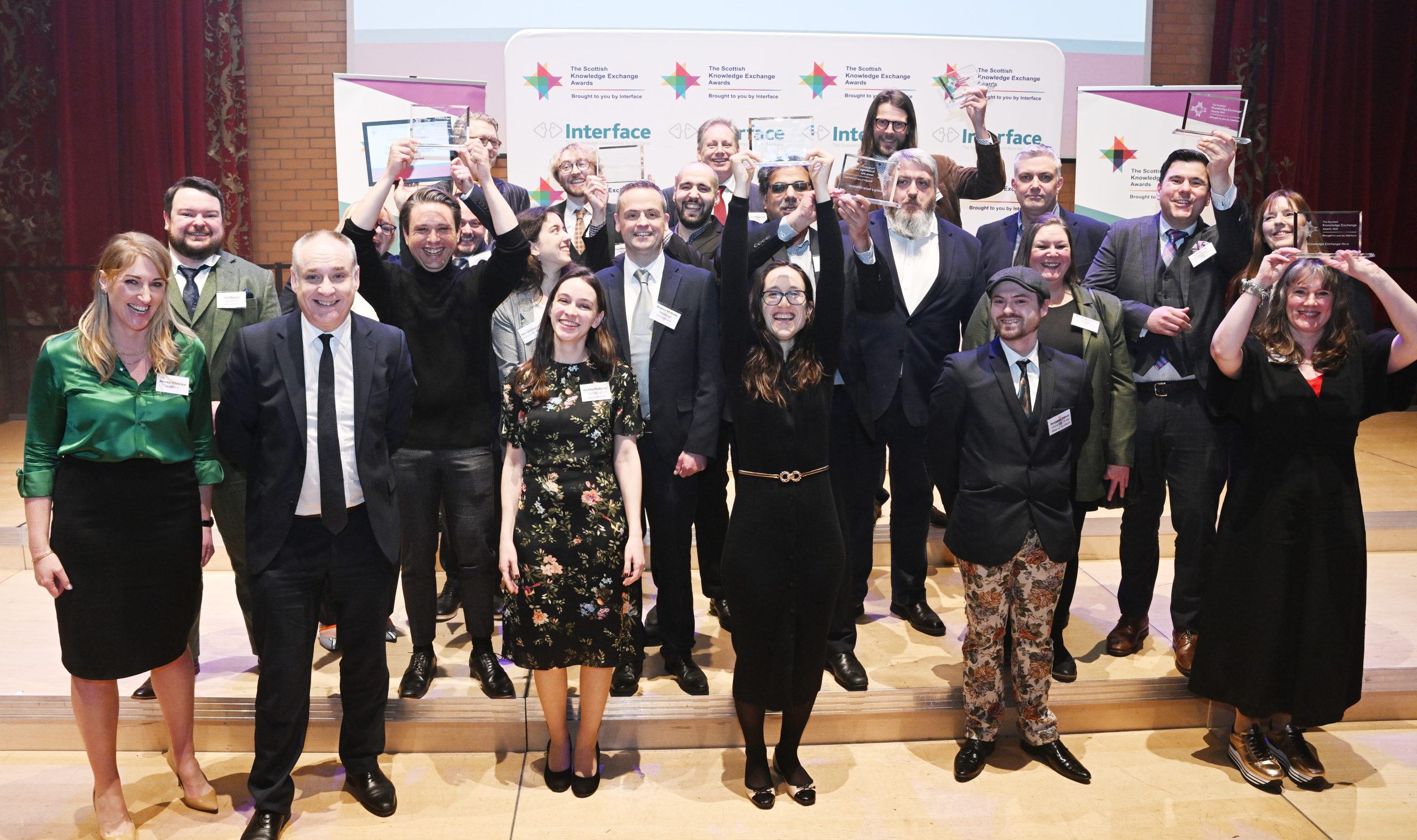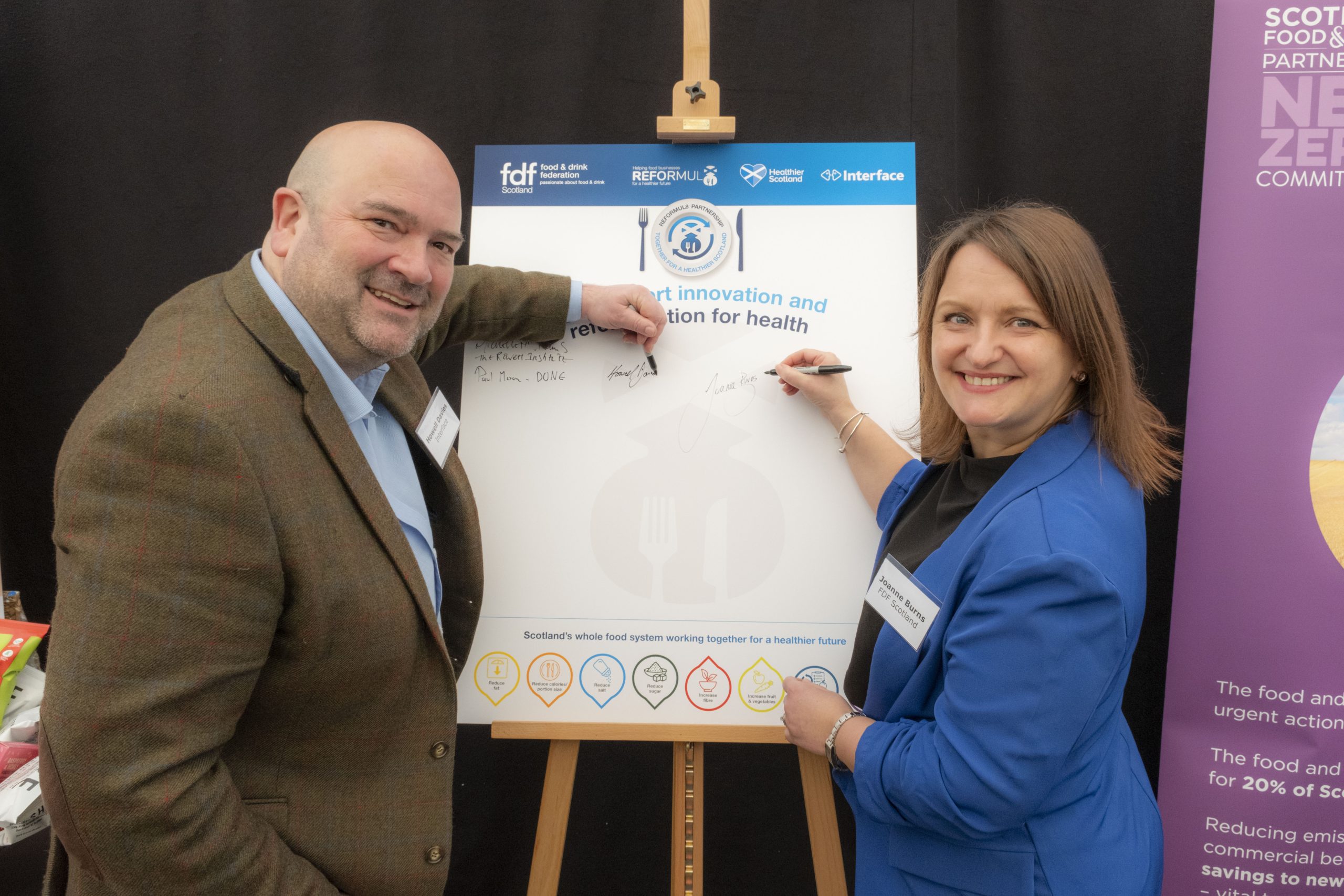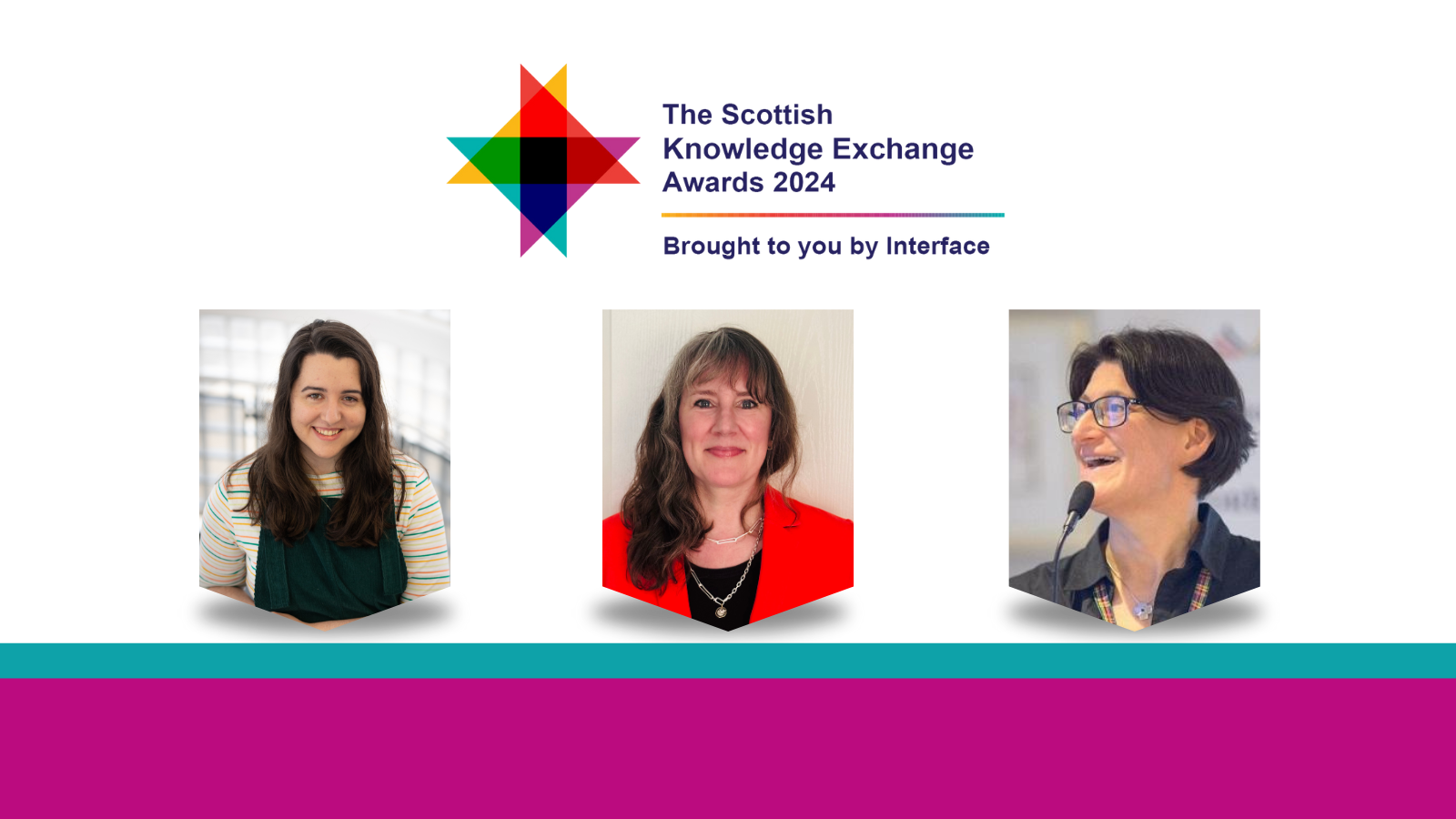Post
Better public services through innovation

A partnership to boost public service innovation has been announced today (23, June).
Interface, which matches organisations to universities and colleges for innovative research and development, and CivTech, the Scottish Government’s public services innovation accelerator, have agreed a Memorandum of Understanding.
By working together in this way, the organisations will offer seamless support to the small and medium sized businesses which are providing solutions to challenges facing public sector organisations today, including those presented by COVID-19.
Dr Siobhán Jordan, Director of Interface, said:
“Interface and CivTech are well placed to drive daring and innovation in the public sector by collaboratively solving challenges through business – academic partnerships to make people’s lives better—and in doing so, creating generations of sustainable, high growth businesses.
Interface is supporting all the small and medium sized businesses participating in the CivTech accelerator programmes, enabling them to access academic expertise to further develop products and services which are addressing challenges facing the NHS, local authorities and other public sector organisations. Through the partnership with CivTech the team at Interface will unlock the expertise and talent from across Scottish Universities to accelerate the tech for good solutions being developed by the businesses participating in the CivTech Accelerators.
Ultimately, these developments will benefit people using public services by making them more efficient and will benefit Scotland with valuable cost-savings to the public purse.
For public sector organisations, CivTech offers a route to develop highly innovative products and services in a fast, efficient and safe way, using private sector systems such as open challenges and tech accelerators. In a tech world that is increasingly fast paced and ever-changing, CivTech solves the problem of ‘how to procure what you don’t know exists.”
One example of businesses working with academics is the digital identity developer Yoti and bioscience company GeneMe, who are currently working on a CivTech 5.0 Challenge to help NHS Scotland tackle COVID-19 through improved mass testing technology.
Interface was able to quickly match Yoti to academic expertise at Robert Gordon University and leverage financial support through a Scottish Funding Council Innovation Voucher to support the collaboration. This new partnership will develop a prototype for mass patient testing at the point of care.
Carl Dawson at Yoti commented:
“Working with CivTech, Interface and Robert Gordon University (RGU) has been really fruitful for Yoti. The project with (RGU) has been vital in fuelling changes to the prototype of our COVID Testing Cube which could help save lives and bring resilience and sustainability to communities across Scotland, not just for the current pandemic but for future public health emergencies. Working with the team was a pleasure and I urge other businesses to reach out and make use of the valuable resources and connections on offer through CivTech and Interface.”
Ivan McKee, Trade Minister at the Scottish Government, said:
“The relationship between Interface and CivTech has been developing really well, with real results for the SMEs in the CivTech mix, over a good few years. So in one way, the MOU we’ve developed is just a formalisation of our relationship. But it’s also so much more. It charts ambitious plans for further developing an already very productive relationship. And – perhaps most importantly – it’s another step on the road as organisations such as CivTech, Interface, Scottish Business Network and CENSIS come together, collaborate, share knowledge, knowhow, experience and resources, and create a truly joined approach. Together we are stronger.”
CivTech 6 launched on 14 June 2021. More information can be found at CivTech 6 — The CivTech Alliance



